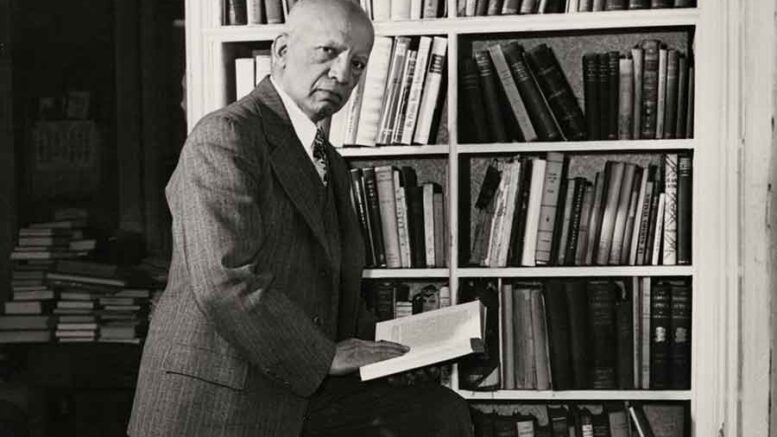Subheading: From a Week of Recognition to a Month of Commemoration
In the rich tapestry of American history, certain figures stand out as champions of progress and advocates for the recognition of marginalized voices. Carter G. Woodson, often hailed as the “Father of Black History,” is one such luminary whose contributions continue to resonate, especially during the month of February, now celebrated as Black History Month.
Origins of Black History Month:
Carter Godwin Woodson, born in 1875, was an African-American historian, author, and journalist dedicated to highlighting the significant contributions of Black individuals throughout history. Disturbed by the lack of representation of African-Americans in mainstream historical narratives, Woodson sought to rectify this omission. In 1926, he pioneered the establishment of “Negro History Week” during the second week of February, coinciding with the birthdays of Abraham Lincoln and Frederick Douglass. The goal was to shed light on the achievements and stories of African-Americans that had long been overshadowed or omitted.
Evolution into Black History Month:
Negro History Week gained traction and momentum over the years, as schools, communities, and organizations began to observe it. However, the demand for a more extensive and comprehensive exploration of Black history led to a pivotal transformation. In 1976, the celebration expanded from a week to an entire month. President Gerald Ford officially recognized February as Black History Month, urging all Americans to “seize the opportunity to honor the too-often neglected accomplishments of Black Americans in every area of endeavor throughout our history.”
The decision to extend the observance to a month was a crucial step in acknowledging the depth and breadth of African-American contributions. It allowed for a more comprehensive exploration of the complex tapestry of Black history, encompassing art, science, politics, literature, and countless other fields.
Impact and Significance:
Black History Month has become a time for reflection, education, and celebration, fostering a greater understanding of the struggles, triumphs, and enduring contributions of African-Americans. Schools, museums, and communities across the nation now engage in a wide range of events, from lectures and exhibitions to performances and discussions, all aimed at honoring and preserving the rich cultural heritage of Black Americans.
Woodson’s vision of highlighting the often-neglected stories has evolved into a nationwide commitment to acknowledging and appreciating the diversity and resilience of the Black community. Black History Month has transcended its original purpose, becoming a platform for promoting unity, understanding, and equality.
As we celebrate Black History Month each February, we pay tribute not only to the historical figures who have shaped the narrative but also to Carter G. Woodson, whose tireless efforts and vision have left an indelible mark on American culture and education. The month serves as a reminder that the pursuit of knowledge and understanding is an ongoing journey, and the stories of Black Americans are integral to the shared history of our nation.

Be the first to comment on "Celebrating Legacy and Heritage: Carter G. Woodson and the Evolution of Black History Month"